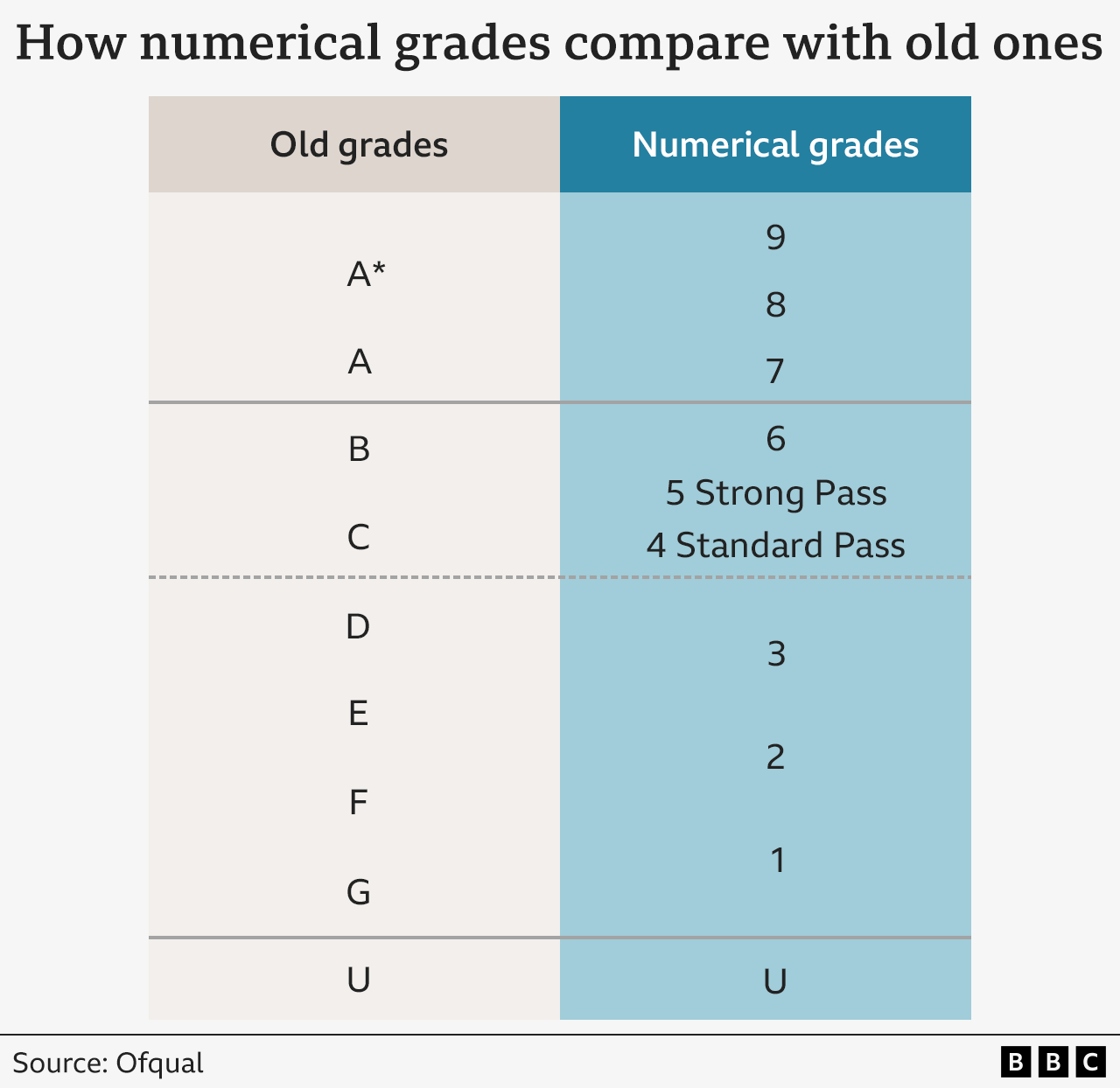
Introduction
GCSE grades play a crucial role in shaping the educational and vocational pathways for students in the United Kingdom. As students prepare for their examinations, understanding how GCSE grades are determined and what these grades represent is essential. In recent years, the grading system has undergone significant reforms, making it imperative for students, parents, and educators to grasp the details surrounding GCSE grades.
The GCSE Grading System
The General Certificate of Secondary Education (GCSE) is typically taken by students at the end of their compulsory education, around the age of 16. The grading system was revised in 2017, moving from the traditional letter grades (A*-G) to a numerical system ranging from 9 to 1. This change aimed to provide a greater differentiation among student performance. Under this system, a grade 9 is the highest score, indicating exceptional performance, while a grade 1 denotes a low level of achievement.
How Grades Are Calculated
GCSE grades are determined through a combination of ongoing assessments, coursework, and final examinations. Each subject is assessed on specified performance criteria, with variations in the weighting of coursework and exam results depending on the subject requirements. The grading boundaries are set based on the aggregated scores and are adjusted each year to ensure fairness, taking into account the overall performance of students nationwide.
Understanding Grade Implications
The significance of GCSE grades extends beyond a student’s immediate academic standing. Higher grades (7-9) are typically required for advanced studies, such as A-levels, and can influence university admissions and future career opportunities. Conversely, grades 4-6 are often considered passing, enabling students to pursue vocational training or apprenticeships. Importantly, the introduction of numerical grades has made it easier for universities and employers to assess and compare candidates’ abilities.
Conclusion
GCSE grades serve as a critical milestone in a student’s educational journey. Understanding the grading system and what the grades represent is vital for students as they plan their future educational and career pathways. As education continues to evolve, staying informed about grading reforms and criteria will empower students to make the best choices for their academic success. Looking ahead, GCSE results will remain a cornerstone of educational assessment in the UK, influencing pathways for generations to come.
You may also like

The Importance of Study in Education Today

The Importance of Continuous Learning in Today’s Society
